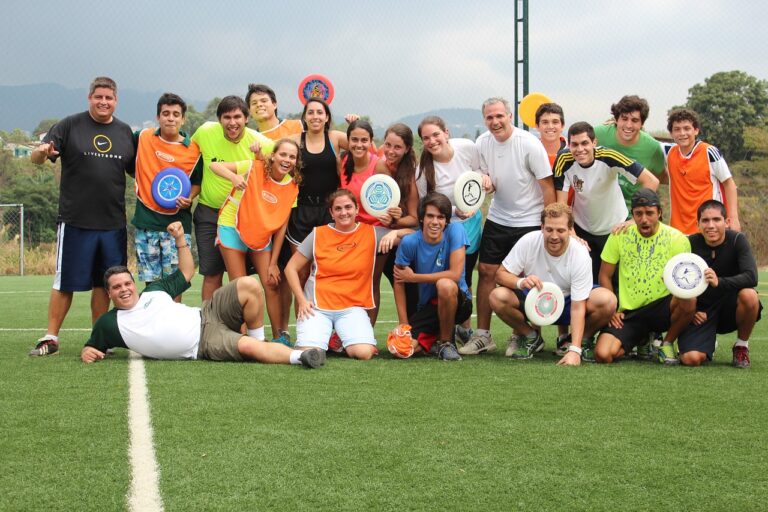Trends in Virtual Coding Bootcamps Offered by Summer Camps: Gold bet 7, Radhe exchange, 11xplay.online
gold bet 7, Radhe Exchange, 11xplay.online: With the rise of technology in our everyday lives, it’s no wonder that virtual coding bootcamps have become increasingly popular. Summer camps are now offering these programs to help kids and teenagers learn valuable coding skills from the comfort of their own homes. Let’s take a look at some of the trends in virtual coding bootcamps offered by summer camps.
1. Remote Learning: One of the most prominent trends in virtual coding bootcamps is the transition to remote learning. With the ongoing pandemic, summer camps have adapted their programs to be entirely online, allowing students to participate from anywhere in the world.
2. Interactive Platforms: Virtual coding bootcamps now offer more interactive platforms for students to engage with the material. From live coding sessions to virtual project collaborations, these platforms make learning to code fun and engaging.
3. Personalized Learning: Another trend in virtual coding bootcamps is personalized learning experiences. Summer camps now offer individualized learning paths based on a student’s skill level and interests, allowing them to progress at their own pace.
4. Industry-Relevant Curriculum: Virtual coding bootcamps are now focusing on providing industry-relevant curriculum to students. From building websites to developing mobile apps, these programs teach students the skills they need to succeed in today’s tech-driven world.
5. Experienced Instructors: Summer camps are now bringing in experienced instructors to teach virtual coding bootcamps. These instructors have backgrounds in computer science and coding, ensuring that students receive high-quality instruction.
6. Small Class Sizes: To foster better engagement and interaction, virtual coding bootcamps are now offering small class sizes. This allows students to receive more personalized attention from their instructors and classmates.
7. Flexible Schedules: Another trend in virtual coding bootcamps is the flexibility of schedules. Summer camps offer programs that can accommodate students with busy schedules, allowing them to learn to code at their own convenience.
8. Peer-to-Peer Learning: Virtual coding bootcamps now emphasize peer-to-peer learning. Students can collaborate with their classmates on coding projects, share ideas, and learn from each other in a supportive online environment.
9. Mentorship Programs: Some virtual coding bootcamps now offer mentorship programs where students are paired with industry professionals. This allows students to receive guidance and advice from experienced coders, helping them navigate their coding journey.
10. Career Pathways: Virtual coding bootcamps are now focusing on providing students with clear career pathways. Whether students are interested in pursuing a career in software development or data science, these programs help them explore their options and set goals for the future.
Overall, virtual coding bootcamps offered by summer camps continue to evolve to meet the needs of students in today’s digital age. From remote learning to personalized experiences, these programs provide valuable skills and knowledge to help students succeed in the tech industry.
FAQs
1. What age groups are virtual coding bootcamps offered to?
Virtual coding bootcamps are typically offered to kids and teenagers, ranging from elementary school to high school.
2. Do I need any prior coding experience to enroll in a virtual coding bootcamp?
No prior coding experience is required for most virtual coding bootcamps, as they are designed for beginners.
3. How long do virtual coding bootcamps typically last?
Virtual coding bootcamps can range from a few weeks to a few months, depending on the program and curriculum offered.
4. Are virtual coding bootcamps effective in teaching coding skills?
Yes, virtual coding bootcamps are effective in teaching coding skills, providing students with the knowledge and tools they need to succeed in the tech industry.







